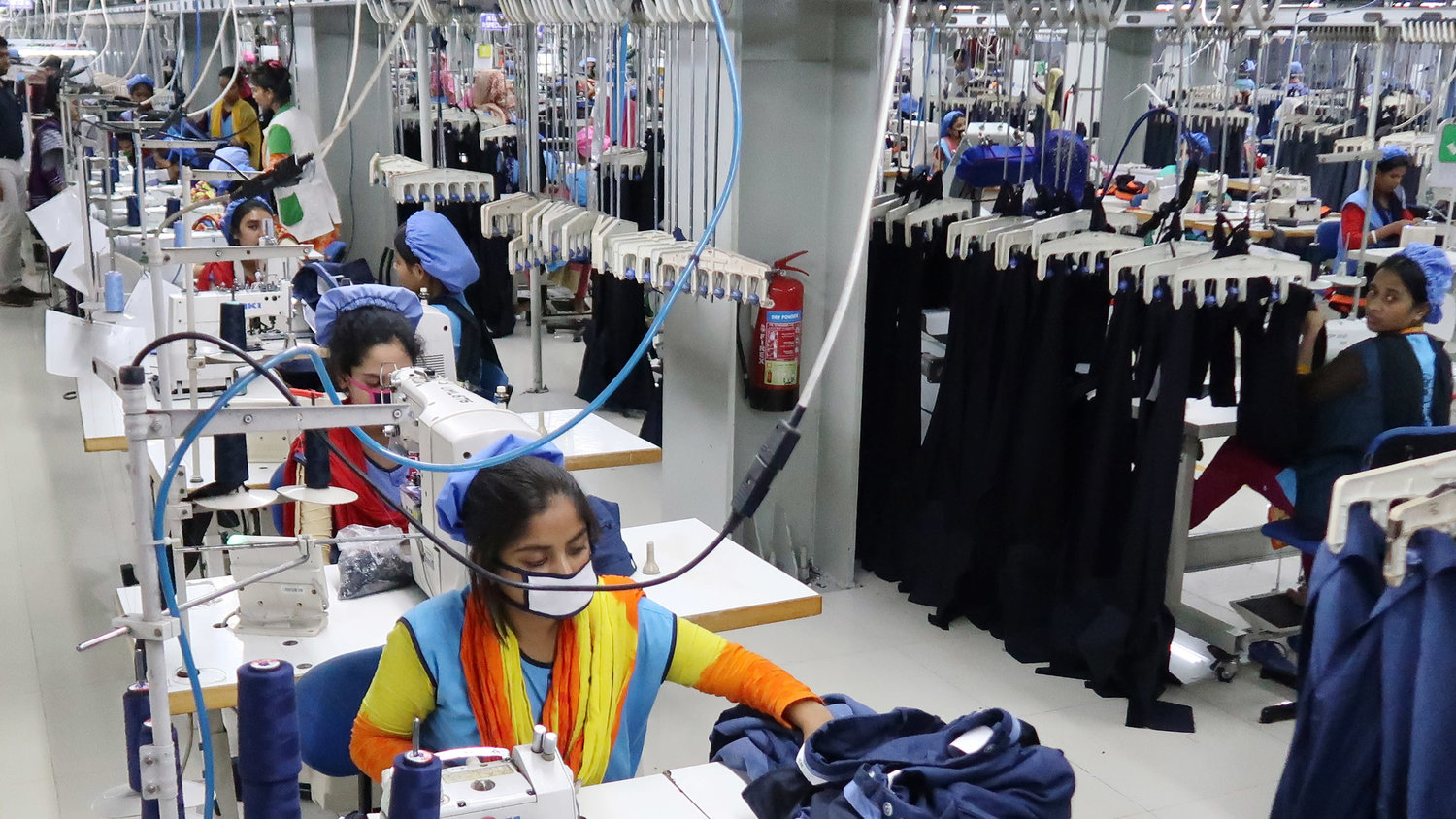
It is frightening, to say the least, that there are over 20 million Nigerians actively looking for jobs and are unable to find any. This number, as Business Day newspaper puts it, is more than the population of Benin Republic and Togo combined. It is alarming. The latest GDP report (a growth rate of 2.1%, with a population growth of 2.7%) from the NBS gives very little hope that any real recovery is in sight. The hard truth is that the administration has struggled to create enough jobs owing to several factors, much of which lies at the heart of wrong policy choices.
The unemployment situation in Nigeria today is not just a crisis waiting to happen. It is anarchy at our doorsteps and must be treated as a national emergency. Government must make job creation its sole priority and must measure the effectiveness of its public policy decisions by its impact on job creation. Several sectors present the government with low hanging fruits from which they can create meaningful employment for millions of Nigerians.
1. Food Processing: The food processing industry is capable of employing millions of Nigerians if properly executed. Government can lead by setting a standard for agricultural food products, whether its rice or meat and then encourage investment in processing factories. The US slaughterhouses and meat processing facilities employ over five hundred thousand workers and I believe ours has the potential to employ something significantly close.

2. The Clothing Industry: Nigeria’s population is estimated at almost 200 million people and all of them wear clothes. Rather than become a dumping ground for second-hand clothes from America or China, we must create an enabling environment for local cloth manufacturers who employ thousands of people in their factories. The garment industry in Bangladesh, for instance, employs over 3 million people with 4,825 factories which accounts for their second highest global exports. We can achieve much more than Bangladesh have done if government follows through with the right policy framework.

3. Real Estate: The usual quote is that Nigeria has a 17 million housing deficit – even though these numbers were captured in 2012 (about seven years ago). My guess is that the numbers would have gotten significantly worse in the absence of any major mass housing scheme in the last 7 years. It is therefore clear to see why PWC (a global consulting firm) have argued that the real estate sector is the most important sector through which employment can be created for thousands of Nigerians.

4. Tourism: The tourism sector in Nigeria is one of the most talked about in terms of potential. Yet, very little is done at a strategic level to turn the sector around. South Africa earns over 8 times from tourism than Nigeria does. In fact, Ghana, Kenya and Gambia currently outperform Nigeria in this sector. It does seem that the Nigerian government hardly recognizes this sector as one that can create meaningful employment for thousands of Nigerians. What else can suffice to explain the poor management of these tourist attractions? From the hills in Idanre to the mountains in Obudu and the games reserve in Yankari, Nigeria has more than enough tourist destinations to attract thousands of tourists and create thousands of jobs for the benefit of Nigerians. In 2016 alone, the sector generated 819,000 jobs in Morocco and directly contributed 8.1% to its GDP.

5. Inefficient Government Services: It is a hassle for Nigerians to get their drivers’ license on time, renew their passport promptly or get a national identity card when they desire. This is due to gross systemic inefficiencies and stifling government bureaucracy. Think of it, why can’t the government give out operating licenses to specific companies who meet certain regulatory requirements to run these services and earn a fair amount? That way, with leading technology from the private sector, an individual can walk into the office of a registered agent and walk out with a national identification card within 30 minutes of paying a tiny sum rather than waiting several months for a particular government agency to hand it over.
These efforts in partnering with the private sector to deliver more efficient services will ultimately lead to the employment of several Nigerians.











